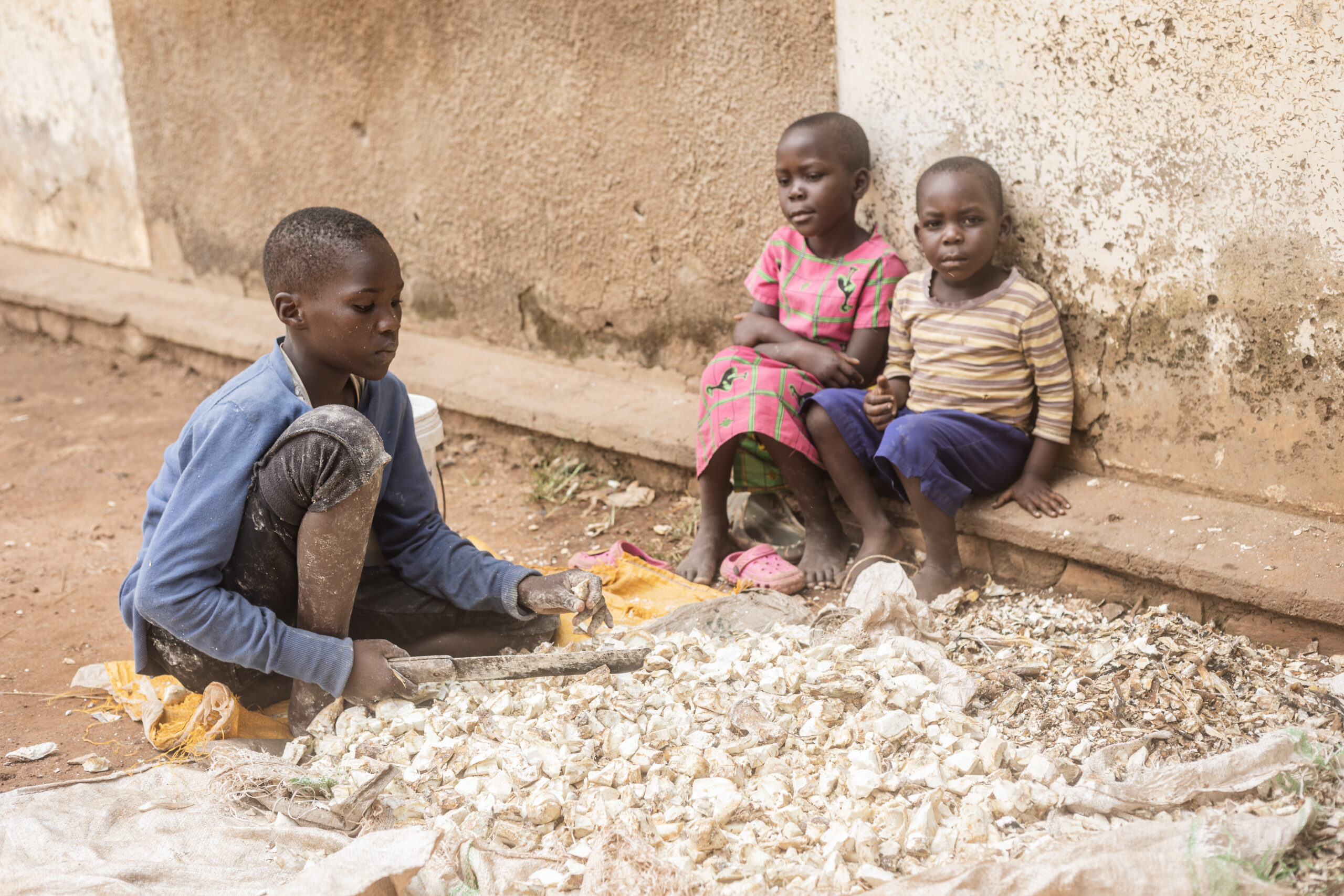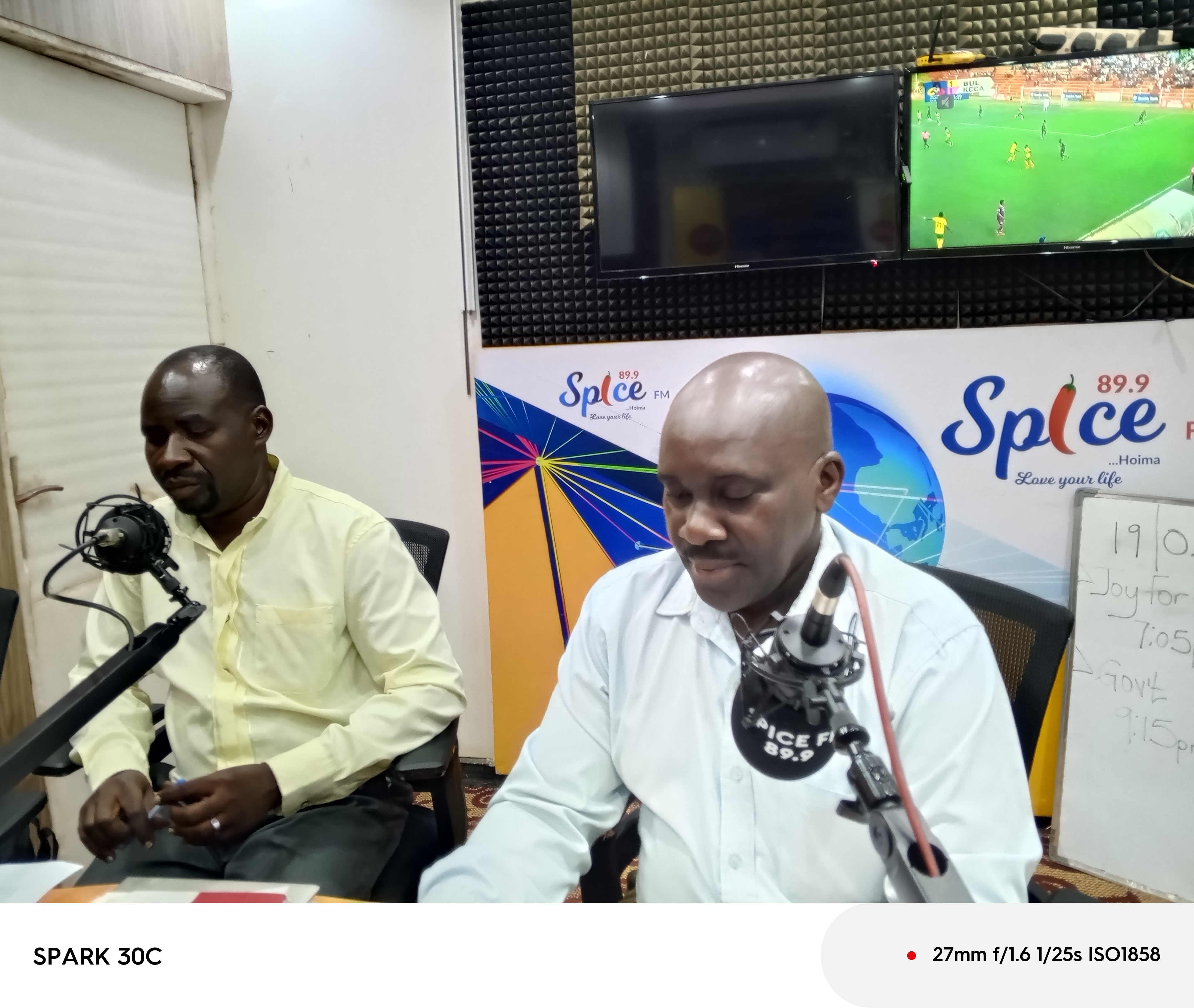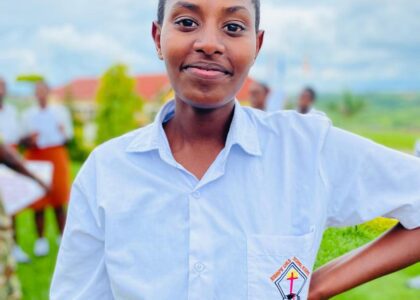Peer to Peer Uganda(PEERU), with support from various partners organized the 2nd National Stakeholders Dialogue on Adolescent health to provide a platform for various key stakeholders to discuss how best to reach out to adolescents (10-19 years), address bottle necks to adolescent programing and empower them to feel free and safe to express themselves and access the health services and support they need to make healthier choices and demand their rights through well designed programs on Mentorship and leadership & Risk reduction, engaging Families and communities to promote the rights, health, wellbeing and security of adolescents and support their access to health information, services and commodities, increase access to, use of, and retention in, high quality adolescent health services that are responsive to their specific needs through Referrals and Linkages & access to services and finally greater accountability amongst policy makers to the needs of adolescents.
The dialogue was a follow-up of the commitments made in the 1st dialogue where recommendations on investing in adolescent health were strongly highlighted. With the theme:
“Access to health care services: The need for multi-sectorial collaboration in popularising the UHC agenda to reach and/engage adolescents “
The main objectives of the dialogue were
- To facilitate cross-sectorial collaboration, knowledge sharing and networking among Adolescent Health programming stakeholders and policy influencers.
- To share experiences and best practices by different stakeholders implementing Adolescent- focused or related programs.
- Policy/decision makers are motivated to champion the cause of young people’s sexual reproductive health and rights.
Where as it was clear that there have been milestones to addressing adolescent health challenges since the first dialogue including increased partnerships and collaborations, youth mentorship programs amongst others as underlined by Mr. Bwire Moses the ED PEERU, it was evident that out of the over 200 participants, about 70% were well acquainted with issues of adolescent health. The dialogue was however an eye opener to many on how SRHR was not only the component to addressing adolescent health related issues/challenges. This provided an opportunity to dive into other adolescent health challenges that are often left out, though barriers to adolescent health. (TB, drugs,mental health etc) .
Although some of the cross cutting adolescent health issues highlighted during the dialogue were a road map to achieving Universal Health Coverage(UHC), one of the most important highlight by a representative from Ministry of Health was that Uganda had way back achieved UHC in the pre- colonial era, and that partners were just embarking on it. This was a call for stakeholders to revisit some of the strategies of the pre-colonial era to achieve UHC to achieve adolescent health.
The dialogue witnessed three panels focusing on, understanding Adolescents environment, Championing adolescent health through best practices, and the power of now (what works for adolescents). The rich panels consisting of medical background personals, government, WHO, Adolescents, teen mothers, religious and cultural leaders provided a collective voice to address adolescent health. While addressing the most often complicated debate on adolescent’s access to family planning as a means to adolescent health, Mr. Kiwanuka Alex one of the panellists from Reproductive Health Uganda made it clear on how adolescents are heterogeneous, and a call to respond to their needs differently, the fact that there exists adolescents that are sexually active. He called upon stakeholders to stop hiding their faces in the sand and address the various needs of adolescents. Dr. Sabrina Kitaka also enlightened on how contraception is not harmful as it is normally tested and tried before being put to use.
Whilst addressing adolescent health calls for a multi – sector collaboration, the religious views were not left out. Reverend James Owori from Lira in his remark mentioned on how time has come when clergy have to come out and begin understanding adolescents. He emphasized on the role of the church and the community in nurturing adolescents. Dr. Sabrina in her religious point of view furthermore extracted the book of 1Corinthians 13: 7 about love. She replicated that if everyone belongs practices love, chances of people inclusive of adolescents spreading HIV/AIDS will be limited because of the love extended to one another, including their neighbours. Mr. Sekabembe Henry a representative from Buganda cultural kingdom stressed on how we can no longer continue to shift goal posts of responsibilities as adolescent hood is a communal challenge calling for working together if we are to address barriers to Adolescent Health. A teenage mother from Joy for Children called upon fellow adolescents to keep in school and focus on education as the road in teenage pregnancy is bumpy.
As CSO’s working on addressing barriers to Adolescent health it is important to include young people right from designing and implementation of programs, adopting the UHC, engage the private sector, build capacity and advocacy, integrating dialogues at grassroots, and giving adolescents platforms for them to speak out for themselves.
Joy for Children Uganda works to champion the rights of all children in Uganda to live peacefully without exploitation, to benefit from quality education and prosper with good health care. Joy for Children works closely with communities to change common beliefs, practices and traditions that force, coerce, sell or otherwise compel girls to enter into marriage. Our innovative holistic model, Girls Empower, has seen transformative changes in perceptions and practices around child marriage in Uganda. Joy for Children Uganda co-chairs the Girls Not Brides Uganda Alliance a network of 86 organization working on ending child marriage in Uganda.





